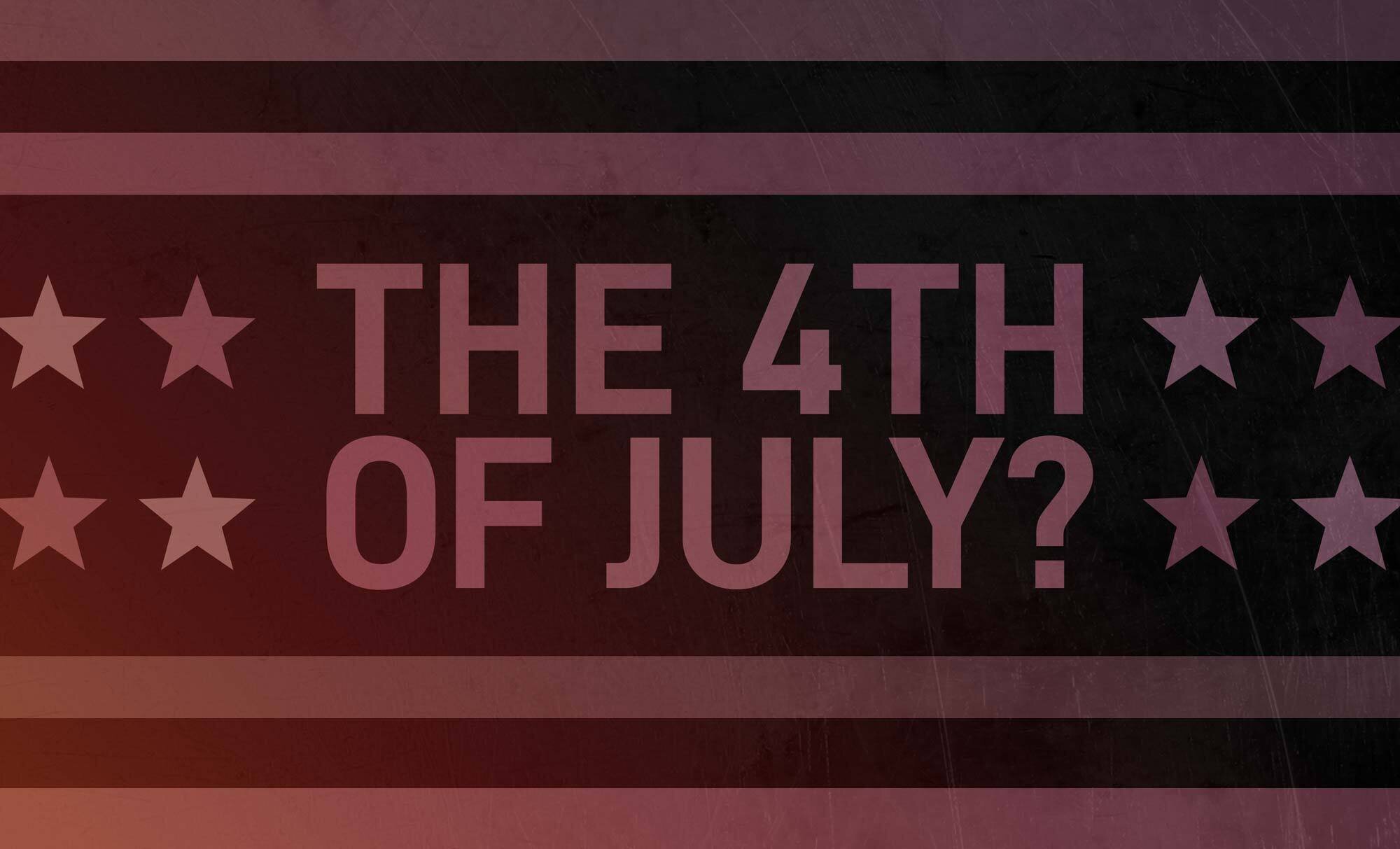Written By Anu Gupta
The Work Ahead for Our Democracy

In the coming days, many Americans will celebrate the 4th of July, our nation’s Independence Day. This is one of the best-known holidays our country has to offer, with kids learning about its meaning early on and celebrations stretching across every mile of the country. But whose independence are we actually celebrating? And who do these celebrations leave out?
July 4, 1776 was the day the Second Continental Congress adopted the Declaration of Independence, declaring the colonies a separate entity from Great Britain. But independence was not universal. White Americans enslaved Africans until President Abraham Lincoln signed the Emancipation Proclamation in 1863, and even still, all enslaved people did not find out they were free until more than two years later. (Read our blog post on Juneteenth to learn more about this.)
And the Indigenous peoples of the Americas, whose land the colonists stole and whose people they violently removed from their own homes, were certainly not meant to be included in this new vision of freedom.
On July 5, 1852, the abolitionist Frederick Douglass gave the keynote address at a celebration honoring Independence Day. His now-legendary speech, titled “What to the Slave is the Fourth of July?” points out the hypocrisy of the founding fathers who promised independence and equality to “all men” when they really meant wealthy white men. Douglass said:
“I say it with a sad sense of the disparity between us. I am not included within the pale of glorious anniversary! Your high independence only reveals the immeasurable distance between us. The blessings in which you, this day, rejoice, are not enjoyed in common. The rich inheritance of justice, liberty, prosperity and independence, bequeathed by your fathers, is shared by you, not by me. The sunlight that brought light and healing to you, has brought stripes and death to me. This Fourth July is yours, not mine. You may rejoice, I must mourn..."
Though Douglass spoke these words more than 100 years ago, I believe they ring just as true now as they ever have. In too many ways, we are still not equal; we have not lived up to the promise of the Declaration of Independence that all men, or all people, are created equal, either. American society is insistent on upholding a racial caste system, one that privileges white people over all other people and that deems Black, Indigenous, Asian, Latinx/Hispanic, and people of color inferior.
When I think about Independence Day, I think about the epidemic of police violence against Black men and women. I think about how Black women are three times more likely to die from pregnancy-related causes than white women. I think about how Indigenous women face a murder rate that’s 10 times the national average, and about how few people know about the epidemic of murdered and missing Indigenous women. I think about the slew of anti-Asian hate crimes in the wake of COVID-19. I think about our nation’s prejudices against Latinx immigrants and their children and grandchildren, and the ongoing struggle for employment, healthcare, and cultural acceptance. I think about how many Black and brown fathers, brothers and sons are in prisons for low-level offenses, crimes that white people commit without a second look. I think about George Floyd. Ma’Khia Bryant. Adam Toledo. Sandra Bland.
This is not freedom. Instead, it’s a stark reminder of how much more work we have to do before the promise of independence is fulfilled.
Dr. King famously said, “Our goal is to build a beloved community. This will require qualitative shifts in our hearts and quantitative shifts in our lives.” If you’re planning to partake in celebrations around the 4th of July in the coming days, I invite you to also take some time to pause and reflect on what this holiday really means, particularly to those most marginalized in our country throughout history and today. Who is still not free in this country? Who must be subordinate in order for the caste system to be upheld? What will it take to finally realize the immortal words of the Declaration of Independence, to realize a world in which we are all truly equal? What qualitative and quantitative shifts must we make to truly move towards a beloved community?
And what can you do to help us get there?
